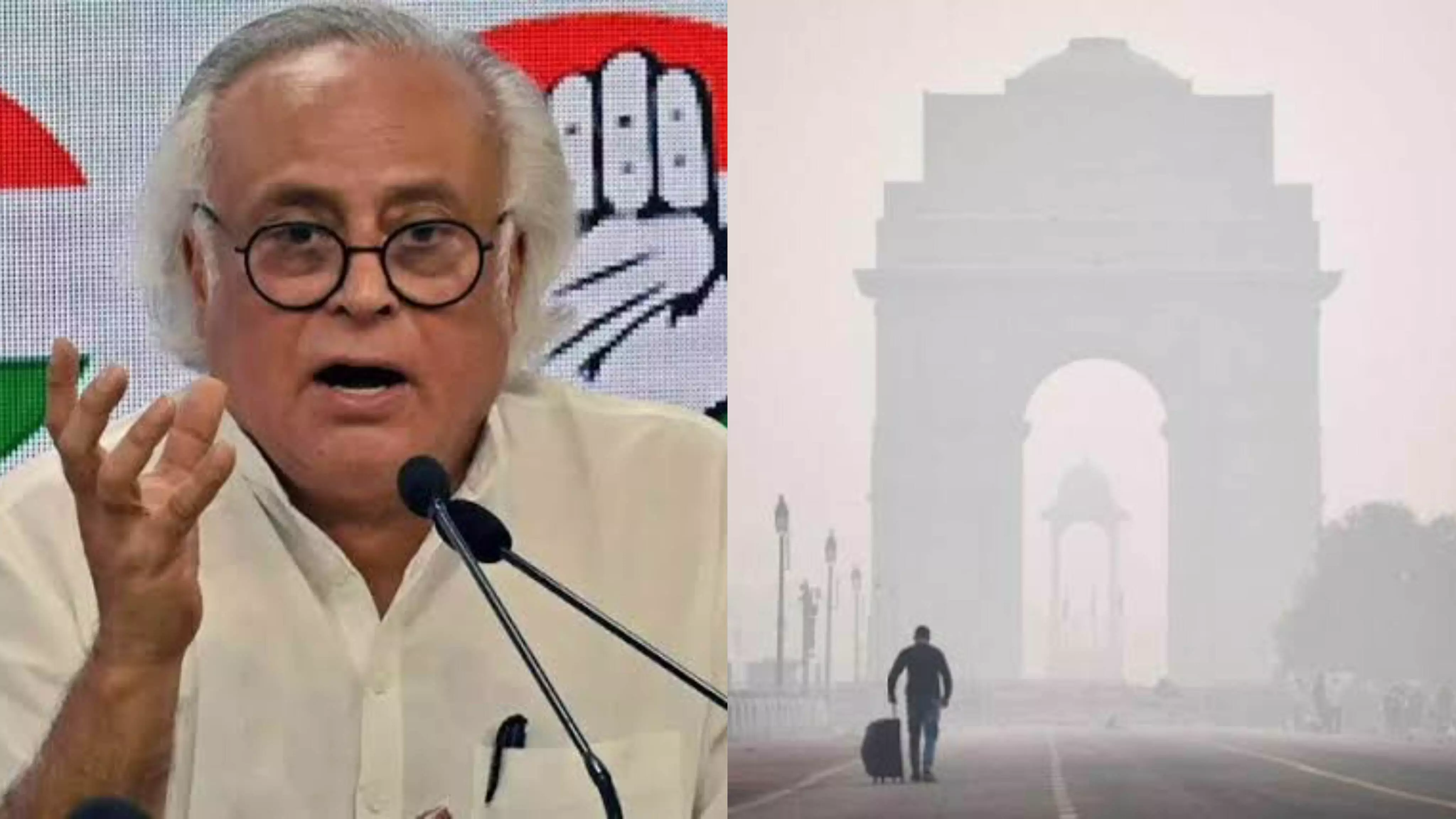Congress: 34,000 people die from air pollution each year, PM Modi weakened environmental laws
The Congress said that the study found that even lower levels of PM 2.5 pollution can cause many deaths
By Newsmeter Network
Hyderabad: The Congress on Thursday alleged that ‘the Modi Government has launched an all-out war on India’s environmental protection norms.’ It also alleged that the ‘National Green Tribunal has been made toothless, for the benefit of the PM’s corporate cronies.’
In a statement issued by MP Jairam Ramesh, general secretary of AICC, the Congress urged the government to act on the results of a recent study published in the global medical journal ‘The Lancet Planetary Health’ which claimed that 34,000 people die each year in just 10 cities due to ‘unchecked air pollution.’
Stating that 7.2 per cent of all deaths in India are associated with air pollution, he said that Delhi is the worst affected, with 12,000 deaths each year. “However, even cities with lower pollution such as Pune, Chennai and Hyderabad witness thousands of deaths,” the media note said.
The Congress said that the study found that even lower levels of PM 2.5 (particulate matter less than 2.5 micrometres in diameter) pollution can cause many deaths.
Centre failed to use NCAP funds
The Congress alleged that the public health crisis is a direct result of the failures of the governments affiliated with the BJP that have prioritised profit over people’s health.
The Congress said that all efforts to protect the environment and people by the prime minister Narendra Modi-led government have been futile mentioning the National Clean Air Programme (NCAP).
He said the NCAP was a complete failure as more than 50 per cent of the funds since its inception in 2019 have not been utilised. The party also said that the targets set by NCAP are too low to help anyone.
“Out of 131 cities under NCAP, most do not even have data to track their air pollution. Of 46 cities which have data, only eight cities have met the NCAP’s low target, while 22 cities actually saw air pollution get worse,” the party claimed.
Make NCAP budget Rs 25,000 crores
The Congress said that the current budget inclusive of NCAP funding and the 15th Finance Commission’s grants, is about Rs. 10,500 crores, spread across 131 cities, and this is not enough, as it said that the ‘cities need at least 10-20 times more funding.’
The party proposed the NCAP budget to be Rs 25,000 crores.
“The NCAP must be given legal backing, an enforcement mechanism, and serious data monitoring capacity for every Indian city, beyond the current focus only on ‘non-attainment’ cities,” the party said.
Pollution-controlling equipment at coal power plants
The Congress also blamed the government for not installing pollution-controlling Flue Gas Desulphurisation (FGD) equipment in coal power plants. The party said that the air pollution norms for coal power plants must be enforced immediately by the end of 2024.
The Congress also said that since the prices of Liquefied Petroleum Gas (LPG) cylinders are rising, people are being forced to cook on chulhas instead of cooking gas, increasing indoor pollution in many homes.
Government diluting environmental laws
The Congress criticised the government claiming that the protections for forests are being stripped away slowly.
The party said that the ‘Biological Diversity Act and environmental protection acts have been diluted, the Forest Rights Act of 2006 has been weakened, and Environmental Impact Assessment norms have been bypassed.’
‘Restore independence of NGT’
Calling the NGT ‘toothless’ the party asked for the National Green Tribunal’s independence to be restored, and ‘the anti-people environmental law amendments made in the last 10 years must be rolled back.’
The party called for a total revamp of the Air Pollution (Control and Prevention) Act which came into being in 1981, and the National Ambient Air Quality Standards (NAAQS) enforced in 2009.